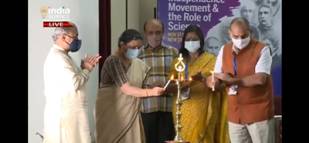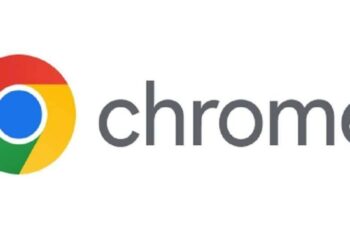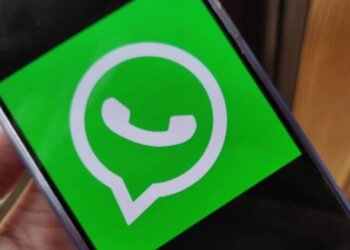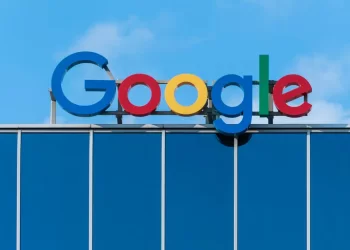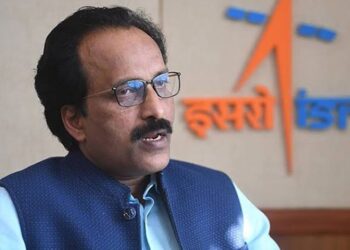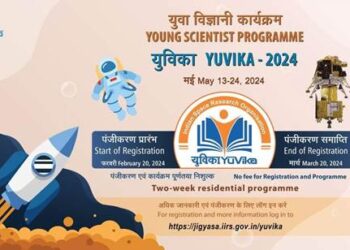Heads of several educational institutes got together at the curtain raiser events of science educators to remember the unsung heroes of science in the freedom movement of India. The mega event scheduled on November 17-18, aims to sensitize the science educators and students to the struggles and satyagrahas carried out by the scientific fraternity during the Pre-Independence era. The curtain raiser events were organized on 25 & 26 August, 2021 in a hybrid mode for science educators (school as well as higher education) byVigyanPrasar (an autonomous institute of the Department of Science & Technology, Govt. of India), CSIR-National Institute of Science Communication & Policy Research (NIScPR), and VijnanaBharati (VIBHA).
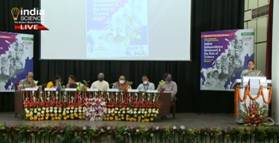
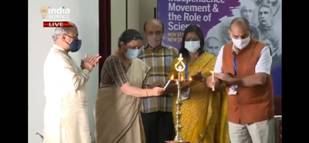
The programmes are being organized on the occasion of AzadikaAmritMahotsav. The year-long Science celebrations will witness interactions at different levels through exhibitions, conferences, competitions, VigyanYatras and presentations. National level mega conferences of science educators will be held on November 17-18, 2021 for convergence and dissemination of information on science to the grassroots level through school students.
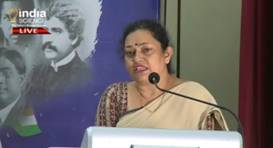
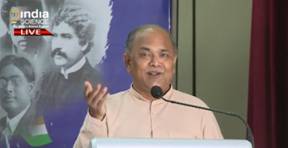
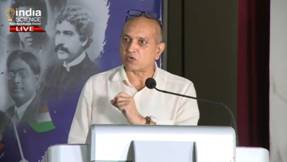
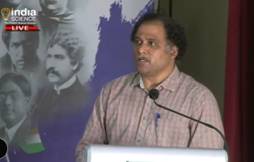
Dr. B.K. Tyagi of VigyanPrasar presented a snapshot of the history of Indian science before Independence and the significant role of scientists and science educators in building the nation. He referred to Dada Bhai Naroji who raised in British Parliament the issue of exporting 4000 tonnes of rice from West Bengal, despite facing the famine. Dr. Arvind C. Ranade, Scientist, VigyanPrasar discussed the contribution of several Indian scientists in the freedom struggle, like RadhanathSikdar, who played a role in measuring the height of Mount Everest, Pramathnath Bose, who established Tata steel factory in Jamshedpur, Mahendralal Sarkar, who founded Indian Association for the Cultivation of Science and Ashutosh Mukherjee, a mathematician who started College of Science in Kolkata.
National Organising Secretary of VIBHA, Shri Jayant Sahasrabudhe said, “We should not only limit our celebrations to the freedom fighters who sacrificed their life for the Independence, but we need to remember the vision of those great scientists who stood for their scientific thinking even during the adverse situations.” He referred to the first satyagraha by Jagdish Chandra Bose, who returned from UK after higher studies and took to teaching in India, but protested against the Britishers by not taking the reduced salary for three years. He had set up his own physical lab and was the first to talk about microwaves. Shri Sahasrabudhe stated that the Britishers not only looted our wealth, but also sabotaged our confidence by creating an inferior feeling among us.
Prof. Ranjana Aggarwal, Director CSIR-NIScPR and the National Convenor of ‘AzadikaAmritMahotsav’ listed out the year-long calendar of celebrations to promote science. In this connection, a book on the role of scientists in Indian Independence and a web portal was launched on the birth anniversary of P.C. Ray on 2 August, 2021. A National Conference was organized on August 16-18 by CSIR-NIScPR. The forthcoming programmes include Science Teachers Conferences on November 17-18, Academic Leaders Conference for Vice-Chancellors, Directors of IIT, IIM, UGC, AICTE and other National Institutes on January 12, International Seminar on the National Science Day February 28 by JNU, VIBHA, VigyanPrasar and NIScPR, VigyanYatra, Exhibition on Wheels to display audio-visuals and posters, Science film festival, Architect models, literature fair, etc.
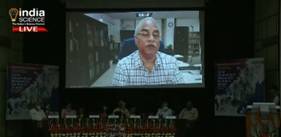
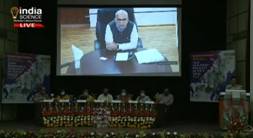
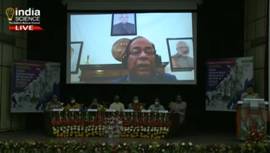
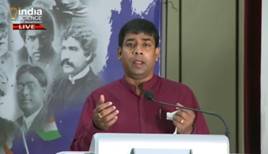
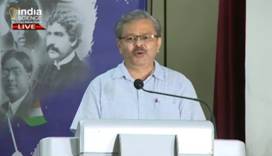
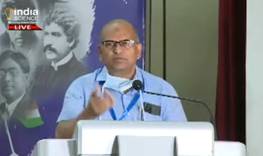
Shri Gyanendra Kumar, Joint Commissioner (Academics), NavodyaVidyalayaSamiti mentioned about the betrayal C.V. Raman felt at the Noble Prize ceremony with the Indian flag missing. And, dedicated the entire amount for the development of science in India.
Dr.BiswajitSaha, Director, CBSE mentioned that instead of encouraging scientific temper among students, even now the parents and teachers alike stress upon the marks of a student. Including Science history in school curriculum would help to develop the necessary scientific temper, he asserted.
The SDMC Additional Commissioner, Dr. A. Taahir highlighted the 340 VIPNET clubs existing in the area. He also mentioned about the coding and decoding means of communication, then and now. Shri Sridhar Srivastava, Joint Director, NCERT appreciated the move to highlight the science heroes of Pre-Independence time.
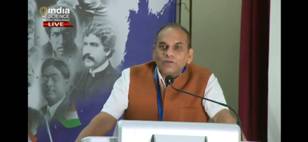
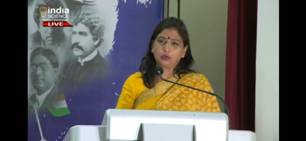
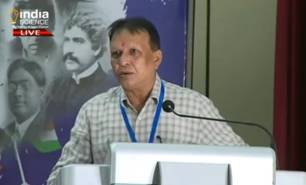
Sharing her thoughts, Dr.Pankaja Mittal, Secretary General of the Association of Indian Universities referred to the scientists taught in the school days and said, none of us remember names of any Indian scientist in the textbooks. Samir Bhatia invented Hotmail, but none of us may know that fact. Like in the Gurukuls of the ancient time, we need to develop the curiosity in the minds of students.
Prof. R.S. Sanghwan, Director, Academy of Scientific and Innovative Research said that “There is no dearth of science knowledge in our country, but there is a dire need to consolidate its application. For this, history of science and the role of scientists in the pre-independence era will act as a catalyst”.
Referring to the 40% Indian scientists at NASA, Prof. P.K. Joshi, Vice Chancellor of Delhi University emphasised the need to develop and promote our own scientists. Shri BalramPani, Dean of Delhi University also expressed his views and connected the Indian traditional system with science.
Prof.Tankeshwar Kumar, Vice Chancellor of Central University of Haryana asserted that if we know the past, we will be able to contribute further in the development of science.
Source:PIB
visit at: www.shree1news.com







 Finance
Finance